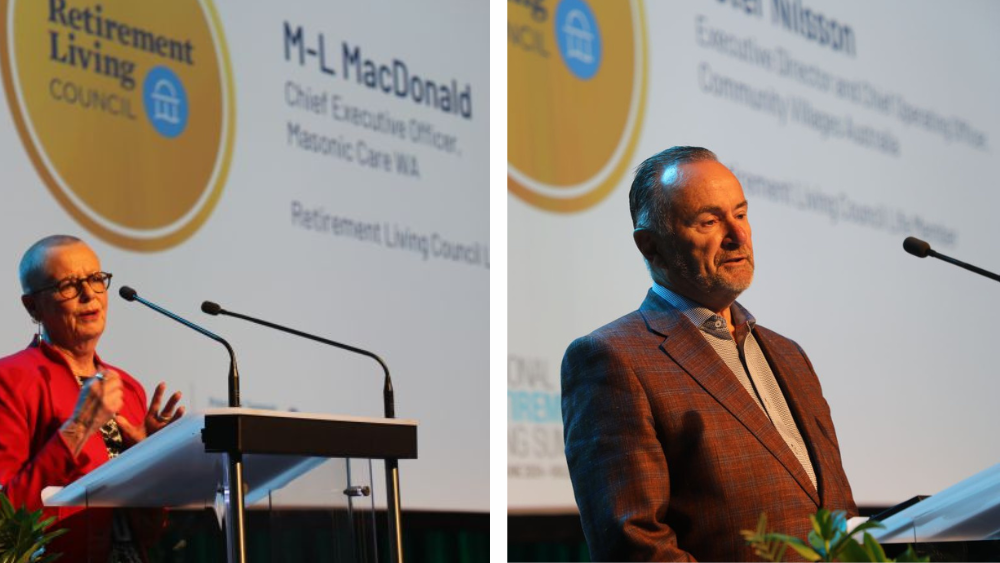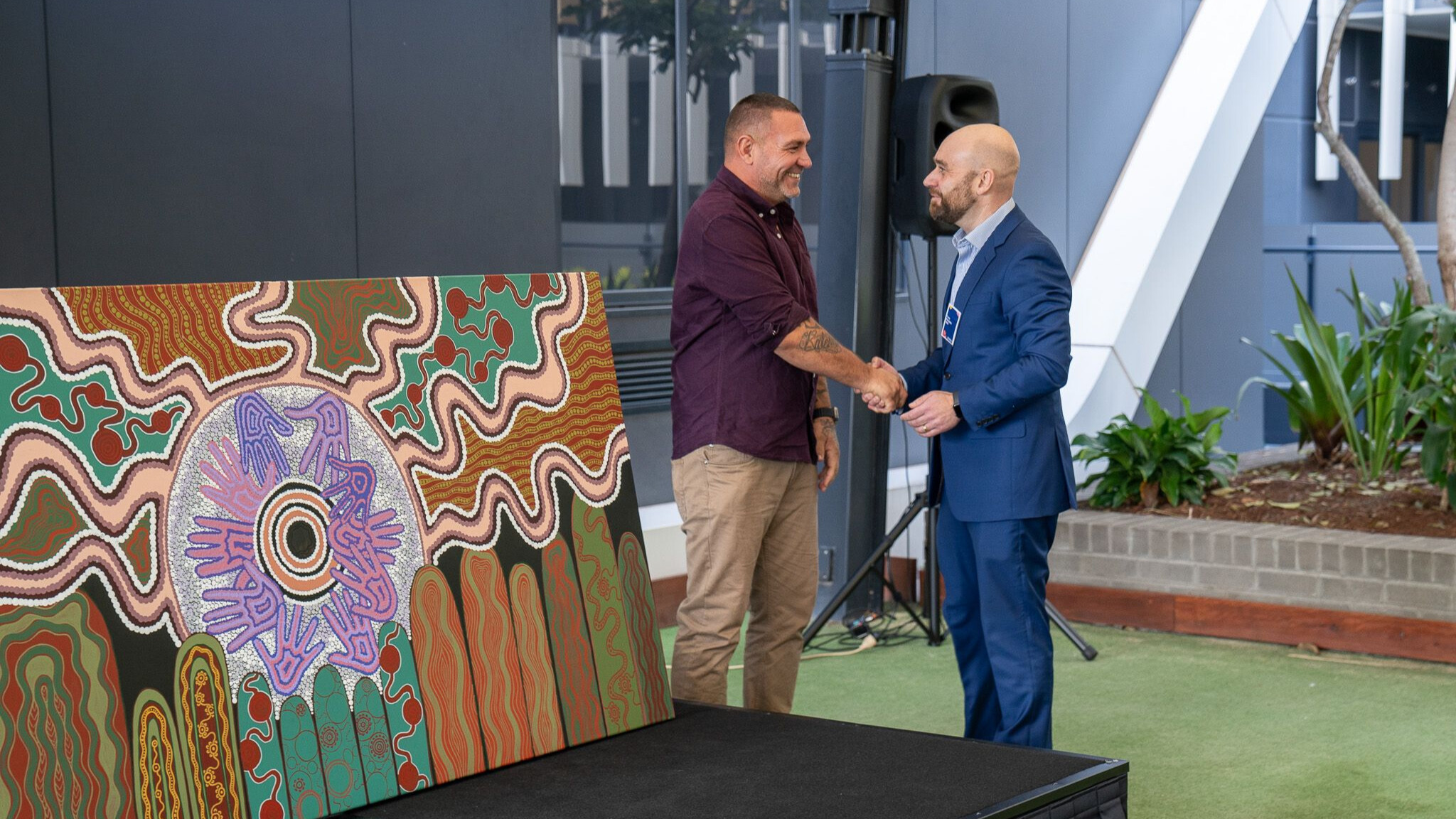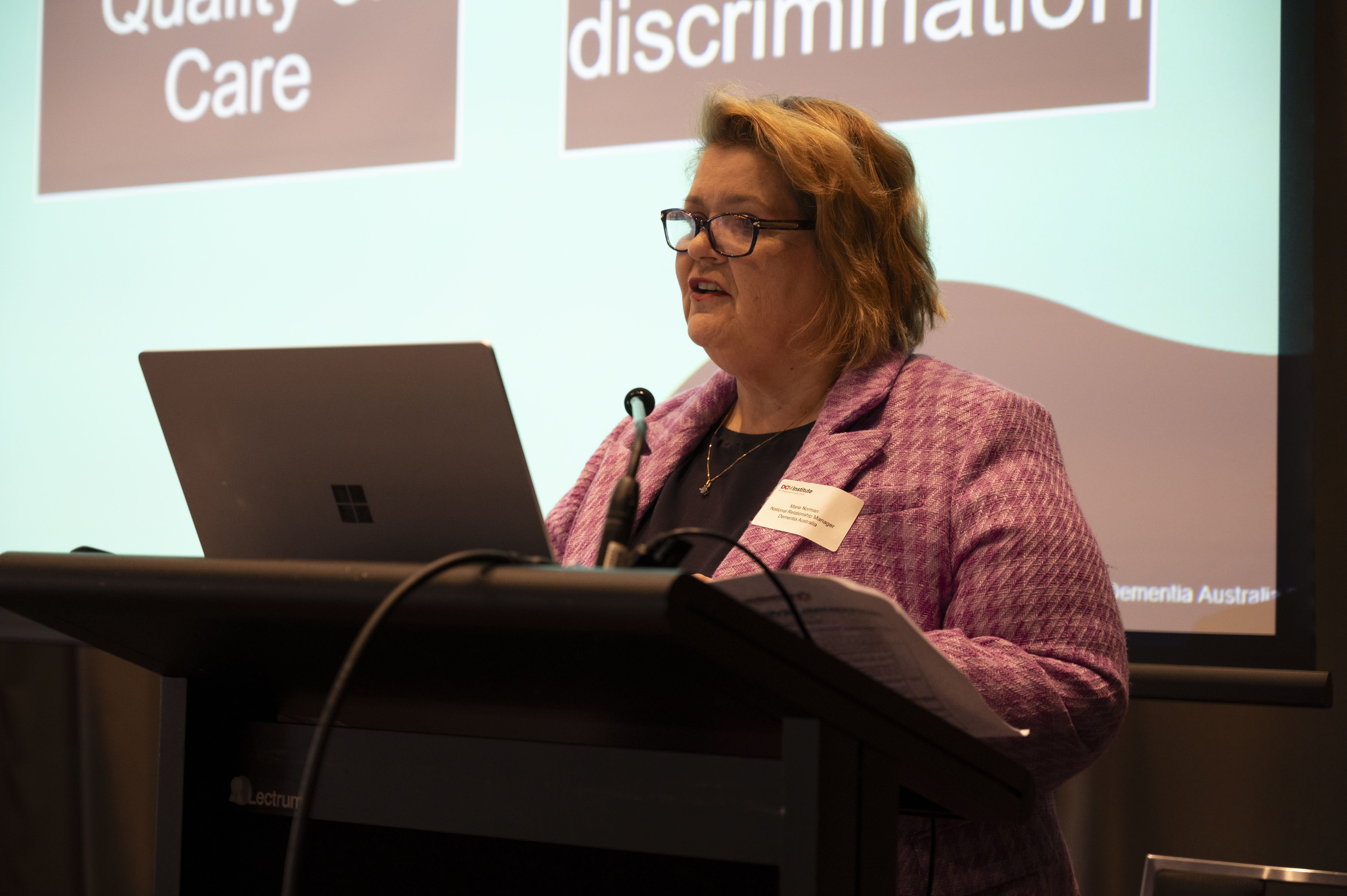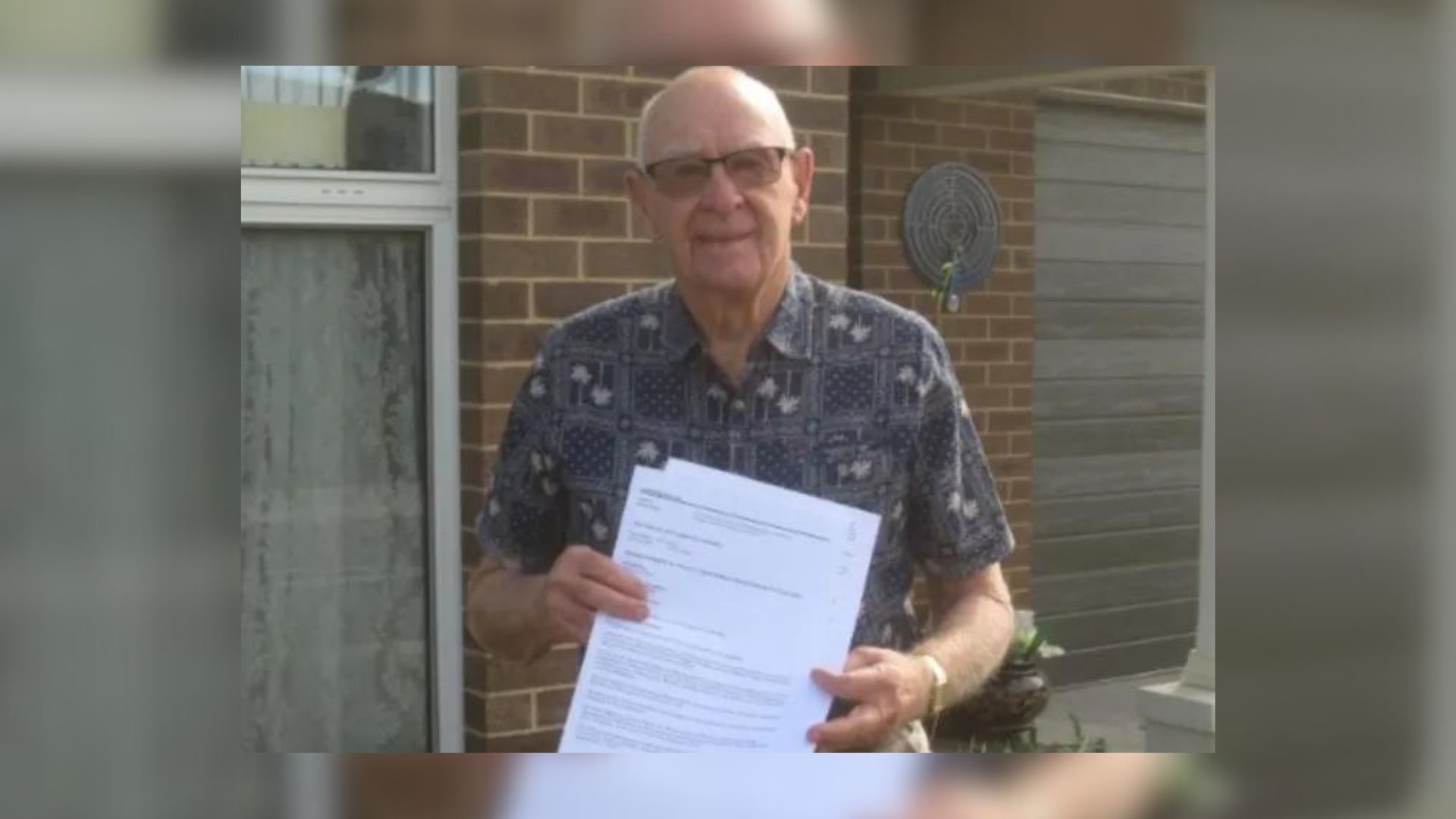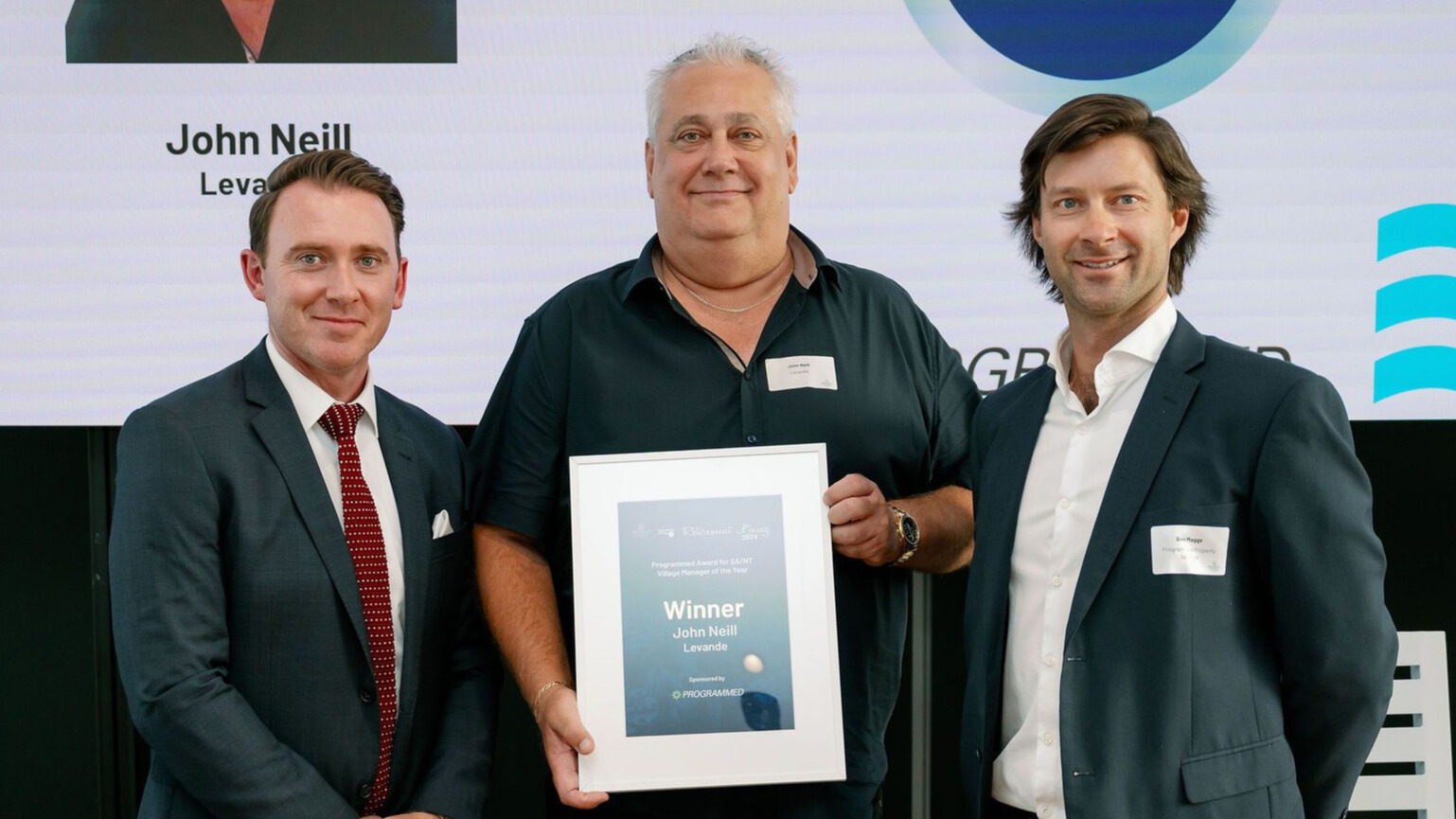I was recently asked to review an employment contract for someone in childcare. What took me by (pleasant) surprise was a standard clause in the contract regarding Professional Development.
Robert Fitzgerald AM, Age Discrimination Commissioner at the Australian Human Rights Commission, has released new research ‘Shaping Perceptions: How Australian Media Reports on Ageing’.
After five years of consultation, the Western Australian Government has tabled reforms that will see operators responsibilities to residents change. Here is what you need to know.
The 2023 Census, released last week, stated the average age of entry is now 75. While the average age of entry hasn’t moved
M-L MacDonald, and Peter Nilsson, have been recognised for their devotion to the retirement living sector at industry event.
Reconciliation is about strengthening relationships between Aboriginal and Torres Strait Islander peoples and non-Indigenous peoples, for the benefit of all Australians.
The retirement living sector, especially those who have residents receiving a Home Care Package, should read the Final Report of the Aged Care Taskforce closely.
The math doesn’t lie. Retirement villages are seeing an increase in the number of residents living with dementia – so how can operators get on the front foot?
The ACT Government has given the funding for the residents’ body in the nation’s capital to set up a “virtual” office and dedicated phone line, so residents and stakeholders can get in touch and share information.
Masonic Care WA’s Manager of Retirement Villages, Emma Benjamin, is the final State and Territory winner to be nominated for the National Village Manager of the Year title.
Levande’s John Neill and Keyton’s Leanne Zannoni join the race for Village Manager of the Year after collecting state Awards for South Australia and Victoria, respectively.
Behind the scenes the Retirement Living Council has been building a case for a left-field home care service model that targets wellness, efficiencies and reducing the number of village residents that enter residential aged care.





